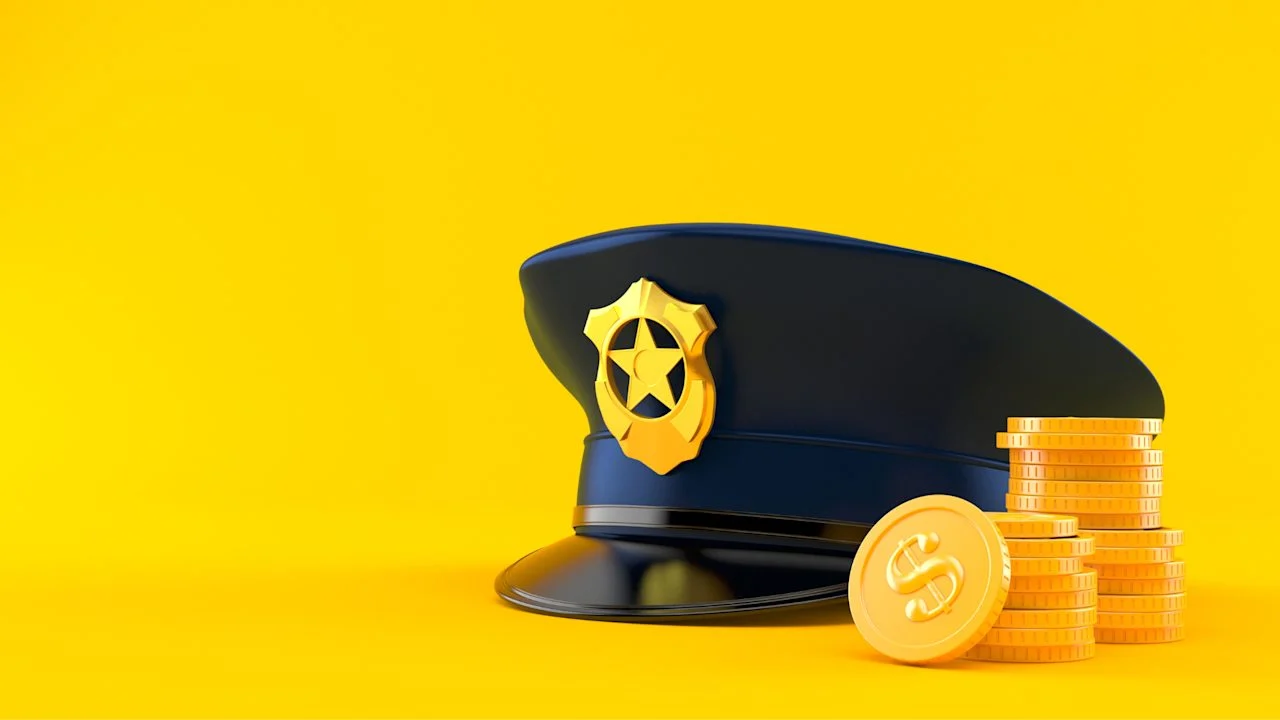
The concern is common in leadership training, but when the police enters a room, especially mud, especially palpable when asked to say “Yes and …”
Chicago is the scene of the Police Management Academy at the University of Criminal Laboratory as part of my work regularly. These sessions bring together the leaders of the country’s highest risky and high pressure stations. First there is skepticism. The weapons passed. Empty faces. There is a quiet but inaccessible undercurrent: What is this? Why are we here?
Then something changes.
In 30 minutes, they do not only participate; They are closing. They only do not respond; They listen. And if they understand or do it, they build an improviser skills: agility, interest, existence and trust.
Problem facing law enforcement management
Today, the police management requires more than operating experience. Strategic communists of commanders, cultural builders and community connectors, constant inspection, high stakes, high-rise decision and many public pressure.
However, many of these leaders rose to the ranks without communication or emotional agility. Their development often emphasizes tactics, does not trust. And leaves a gap between what they need and what they are ready to do.
These people are not critical. Is a systematic fact. And it gives difficulties in other areas: high expectations to meet dozens of human-centered exercises.
Why Improv is an unexpected solution
Improvisation is often misunderstood as spontaneous silly. However, in the core, Improv is a structural experience to navigate the unknown ones with others. This is the skills of being. Of interest. To listen before you react.
We use the improvisation to help experts in the second city work to help experts perfectly adapt to modern leadership requirements to build real world opportunities. As the skills:
- “Yes and”: A mentality that has a speed of speed than closing. These leaders are trying to develop others to admit others and to ensure control of others.
- Deliberately listening: Not to answer, but to understand. It is a discipline that reduces the conflict and strengthens the relationship.
- Agility in complexity: Ability to make clear, substantive decisions without scripts. Each leader (especially in law enforcement agencies) needs every day.
My colleague Kelly Leonard says, “Improv, Yoga for your social skills.” This extends our empathy, it strengthens our communication skills and builds the type of flexible strength required by today’s jobs.
What happens when the police learn to be improvised
These skills are not only interesting, but effective.
A study published in 2023 Science directly The imponent revealed that the participants of capital training improved the adaptations, confidence and clarity under stress. These results in high pressure environments are not optional. They are important.
I have seen these results in the Police Leadership Academy in advance. In almost every session, there is a moment that a participant has become a group and everyone feels: the importance of this work. The shift of energy immediately. The room bends. And the person who gave this statement rather often, then is selected by peers to give a vacation speech. In each case, they referred to our session as a turning point.
And data returns it. A 2024 research International Magazine of Innovative Science and Research Technologies Emphasizing that communication, teamwork and conflict are resolved, the increase in employment security has increased the security of employee security, increasing the less incorrect reporting and clear social perception.
Similarly, a two-year study associated with 101 first line supervisor in the School of Police Control Program, found that the service oriented management increased from 63% to 77% after training. Among those reporting communication gains, this number jumped from 35% to 93%.
The lesson is clear: we will not do better leaders, whether it is through communication, confidence and existence, improv or other human-centered methods. We make more secure, more related communities.
What can every industry learn about it
The conditions that challenge law enforcement agencies (uncertainty, complexity) are not exclusive to the police. They are all around.
Among the sectors, leaders are asked to connect with differences, counteract conflict and make real consequences. They are more common than before, more diverse and more stressed and highlighted, more emphasis.
Again, many industries are still secondary in communication and related skills, if they apply to all.
This is a mistake. According to GallUP, the business units with higher employees (closely related to better communication and management) are increasing to 23% of the profit and 18% higher sales. And the same Science directly The research and development training were found to have a meaningful increase in creative self-efficiency and self-confidence. It is important for two quality innovation and confident guidance.
The message is simple: the workplace does not need more perfect scripts. You need more people who can lead without one.
Why now
We live when I am broken. New technologies, new expectations and new work methods can adapt to most organizations.
But some truths remain constantly: people want to hear. They want to feel understandable. They want to follow the leaders who can communicate clearly, and model the belief in pressure.
Improv not only helps to react; This helps to have a relationship.
There are skills that lead to leadership, regardless of your operation of a precinct or board meeting.
Tyler Dean Kempf is a creative director of second city affairs.
